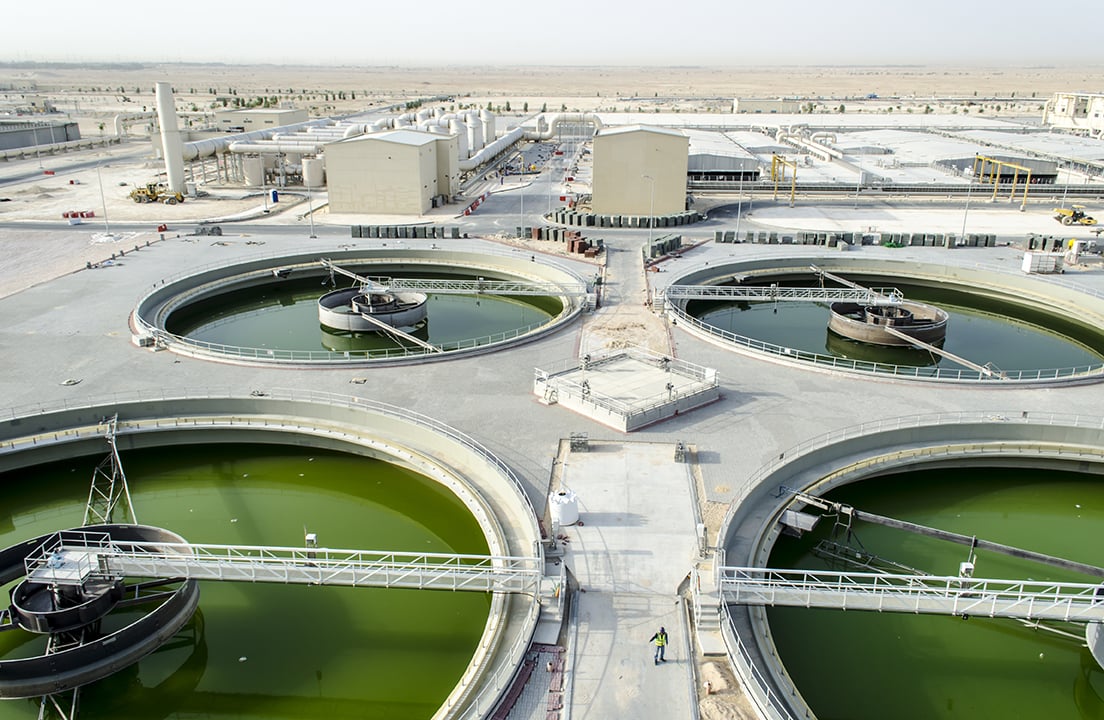How to Drive Innovation in the UK Water Industry: Overcoming Barriers to Progress
- There seems to be incentive to innovate but limited infrastructure to follow-through to large-scale implementation.
- Public engagement with water treatment and discharges is increasing pressure for environmental conservation and restoration but, ongoing discussions of shareholders, dividends and fines is distracting from what is needed by the people on the ground.
- Environmental conservation has to be at the forefront of requirements going forward, with regulatory bodies and legislation leading by example.

'Innovation in water quality is growing globally as we strive for better and more accurate methods of assessing water health.'

The treatment of wastewater is essential to maintaining public health. The UK has a natural monopoly of privatised water companies, tasked with the supply and treatment of both wastewater and drinking water.
Ofwat, the water regulator, has put a push on innovation being a priority for all water companies in the UK, releasing in 2020 a £200 million fund to 'support innovation initiatives which deliver significant benefits for customers, society and the environment'.
All water companies, innovation features in their operations as they experiment with different technology, with particular emphasis on collaborating with external companies and research institutions. The fund was well-received and for the pilot scheme, there was a great deal of success, however; what has happened since?
One of the key factors prompting a lack of progress even with specific innovation, is the lack of infrastructure to facilitate the transitioning of technology from a trial/proof of concept to adopting it into regular practice. An Ofwat report of the pilot funding round, highlighted that this was indeed an issue as, while innovation was a formal commitment, both the level of action within the commitment and the capacity for scaling were common barriers to a sustained change in approach.
Currently while there is a much-increased public awareness with water supply and treatment activities. However, with news headlines only reporting the very worst concerning record-breaking fines and shareholder dividends the public perception of the UKs water companies is at what could charitably be described as an all-time low.
Despite this, it is worth taking a step back and looking at wider context; this situation has been created by many factors over many years, and simply incentivising innovation is not enough to fix it.
'There needs to be effective resources and infrastructure to push through with the successful innovations so that it has a measured impact on the way we manage our water resources.'
With the generally positive response to the pilot Ofwat funded, it suggests the pressure needs to come from centralised bodies like the Environment Agency, affiliated to the UK government, to put environmental protection at the forefront of future operations. The EA21 bought some of this to light but has suffered criticism for the lack of pressure and continued reliance on outdated monitoring methods and parameters when multiple innovations have shown there are superior alternatives on offer.
Maybe where we fall down is that environmental protection is not profitable and therefore not a priority to top-down management as much as other factors. The want for low cost of supply has driven regulators to prioritise this over all else, inadvertently encouraging minimum standards and a lack of environmental responsibility to achieve this. Indeed, fines aside, the longer-term issues have been steadily brewing inside a perfectly legal framework. To overcome this, there must be a system change in the legislative approach to water resource and environmental management, incentivising environmentally friendly and sustainable practises.
The report on the Ofwat Innovation Fund end of pilot report can be found here and the follow-up 2022-25 timetable here.
